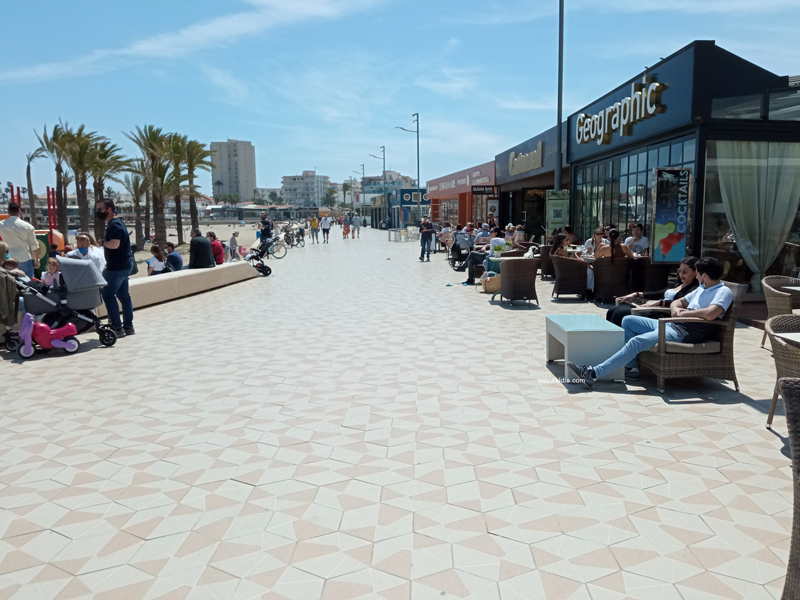Valencia confirms extension of measures from this weekend
The regional health secretary explained that Xàbia is not included in the night curfew list due to several factors, not just the cumulative incidence rate.

Thursday 22nd July 2021 – ÁLVARO MONFORT and MIKE SMITH
This morning, the president of the Generalitat Valenciana, Ximo Puig, announced the new health measures that will be in place from Sunday to halt the advance of the so-called ‘fifth wave’ of the COVID-19 pandemic and announced which municipalities will join the “selective night curfew”, as approved by the regional Superior Court of Justice (TSJCV).
From Sunday, a total of 77 municipalities in the Comunidad Valenciana will be subject to a night curfew from 1.00am until 6.00am, a measure that will affect 2.6 million Valencians. In the province of Castellón, 18 municipalities will be affected, including Benicassím, Peñíscola and Vinarós; in the province of Valencià, a total of 48 will be subject to the measure, including Gandía, Oliva, Tavernes de la Valldigna and the city of Valencià itself; in the province of Alicante, there will be 18 municipalities, including Dénia, Gata de Gorgos, Teulada-Moraira, Calp, Ondara, Benidorm and the city of Alicante.
Despite Xàbia being at ‘extreme risk’ level like other municipalities in the Marina Alta region, it has not been considered to be added to the list of those where the night curfew will be imposed and the regional health secretary, Ana Barceló, explained that, whilst that the cumulative incidence rate (the IA-rate, a measure of the speed of the virus through a population) is important, a total of seven epidemiological criteria are also taken into account which affect the rate of reproduction of the virus and consequently the decision on which municipality is affected by the new measure. She added that her department will make these criteria public so that it will be possible to better understand what parameters the regional government considers when making decisions on restrictive measures.
Among the other measures to be implemented from Sunday, the maximum number of people who can meet outside and inside, in private and public places, will remain at ten people, whilst the capacity of public and recreational swimming pool is reduced to 50% along with sports venues (both indoors and outdoors). For shows and celebrations, the maximum capacity allowed will be 1,500 people and, in the case of events, they must end by 12.30am.
The new restrictions will last for three weeks until August 16th, which the regional government feels will provide enough time to verify the effectiveness of the measures in halting the spread of the infection.
Speaking after a meeting of the regional interdepartmental board for Prevention and Action against COVID-19, the president, Ximo Puig, expressed his concern at the increase in cases in the Comunidad Valenciana as well as the number of people affected by the virus admitted to hospital, which has increased to 527, doubling in the last two weeks, whilst the most critical age group currently in ICU wards ranges from 35 to 50 years old. He is also worried that 90% of infections detected now are of the Delta variant, which spreads faster and easier than other variants.
He confirmed a reality. “The virus attacks the most vulnerable and, now, those are the non-vaccinated“. And he confirmed that the Ministry of Health is responding by doubling the doses of vaccines which are distributed to each autonomous region from August and, giving it as an example, he said that doses of the Moderna vaccine will be increased from 190,000 to almost 442,000 in the Comunidad Valenciana.
He emphasized the need to take precautions at the individual level and not rely solely on the protection offered by vaccination which, he said, “is only really effective if the full course has been administered“. He also advocated the continued use of masks in outdoor spaces, especially in urban areas: “It is our main personal weapon against the virus“.





